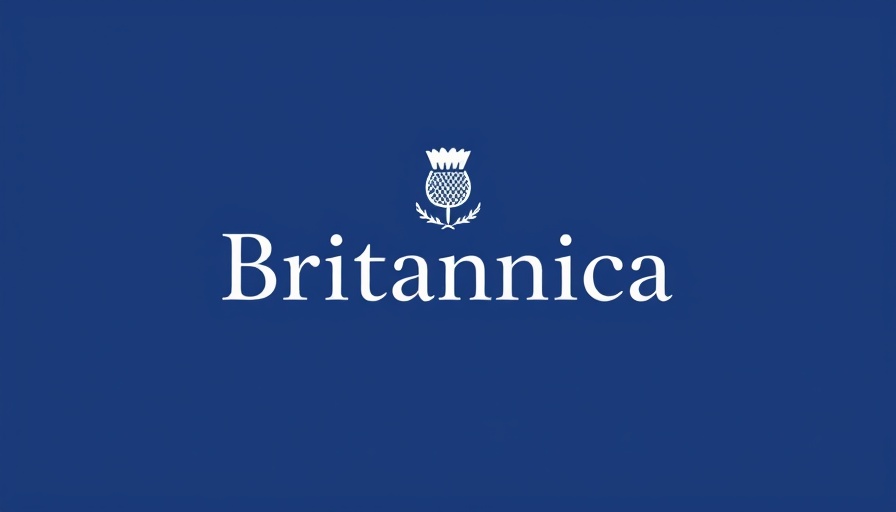
Introduction to the Pastry War: Diplomacy and Desserts Collide
Travelers and digital nomads often seek destinations rich in history and culture, where past events have left an indelible mark on the present landscape. One such intriguing epoch is the Pastry War, a brief conflict between Mexico and France during 1838-1839. This seemingly peculiar quarrel began over claims for compensation that the French expatriates filed against the Mexican government, involving a French pastry chef and hypothetical damages to his shop.
Historical Context and Background
The Pastry War arose when French nationals living in Mexico sought restitution for damages to their properties caused by Mexican mobs. A particularly vocal complaint came from a French pastry chef who argued that Mexican officers had looted his shop. France, under King Louis-Philippe, seized on these grievances as a pretext to enforce broader claims against Mexico, demanding a hefty indemnity. When Mexico hesitated to comply, France took military action, gaining quick success against the Mexican defenses by blockading ports and capturing the fortress of San Juan de Ulúa.
Relevance to Current Events
The Pastry War, aside from being a diplomatic incident written with a quirky headline, underscores themes resonant with today's global political landscape — the complexities of international diplomacy and the impacts of minor grievances escalating into significant disputes. As today's expatriates navigate international laws and entitlements, the Pastry War serves as a historical reminder of the formative influence such events can have on national policies and international relations.
Unique Benefits of Knowing This Information
Understanding the Pastry War provides unique insights into the intersection of cultural, political, and economic interests in traveling and living abroad. By recognizing how such historical contexts influence contemporary diplomacy, travelers and digital nomads can gain a deeper appreciation for the destinations they explore and perhaps strategize better integration and navigation of local customs and regulations.
Future Predictions and Trends
Lessons from the Pastry War continue to be relevant as global interactions grow more intertwined. The need for cultural respect and understanding among nations grows, encouraging peaceful resolutions similar to modern diplomatic treaties and trade agreements. As countries strive to maintain harmonious relations, travelers can look forward to increasingly amicable borders and enriched cultural exchanges.
 Add Row
Add Row  Add
Add 

 Add Row
Add Row  Add Element
Add Element 




Write A Comment